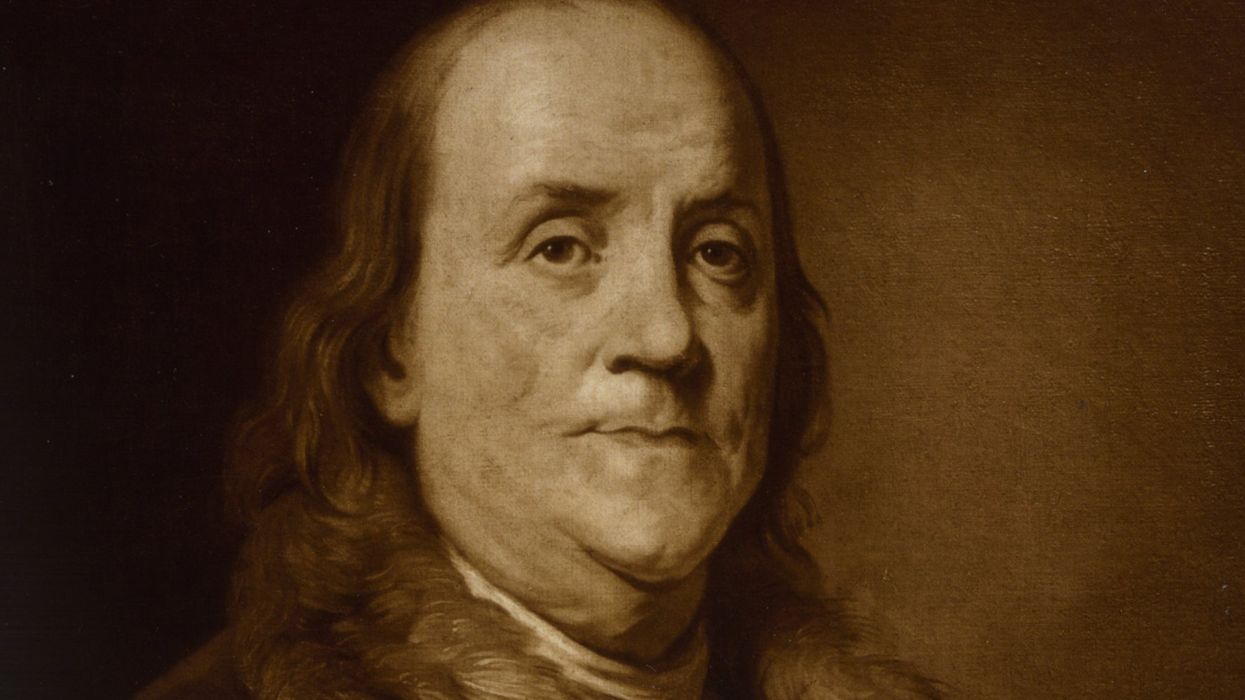News
Jack Webb
Oct 26, 2018

Picture:
The Franklin Institute
Vaccinations seem like a no brainer when it comes to protecting your children from disease, but there are no shortage of debates between anti-vaxxers and rational people in the world.
It's such a simple concept that even Benjamin Franklin, who was alive in the 1700s, was a staunch supporter of vaccinations.
The founding father lost his son to smallpox in 1736, which caused him to pen a message in support of vaccination, which resonates even now.
In the message, he was urging parents to inoculate their children - and despite the underdeveloped and basic science that existed in the 18th century, his point point is depressingly valid to today.
In 1736 I lost one of my sons, a fine boy of four years old, by the small-pox, taken in the common way. I long regretted bitterly, and still regret that I had not given it to him by inoculation.
This I mention for the sake of parents who omit that operation, on the supposition that they should never forgive themselves if a child died under it; my example showing that the regret may be the same either way, and that, therefore, the safer should be chosen.
Many parents in the 1700s avoided inoculating their children for fear of harming them, just as a great number of parents refuse to vaccinate to this day due to a drastic misunderstanding of the harms and benefits of vaccination.
Edward Jenner is thought of as the father of the smallpox vaccine, through his 1796 scientific tests studying the illness.
Franklin clearly regretted not vaccinating his son and the incident stuck with him so much that he went on to co-author a how-to guide on smallpox inoculation with a London physician.
It's truly astonishing that people are having arguments about the same topics. Perhaps its because we, in modern society, have the luxury of indulging in ill-informed scepticism of vaccinations.
Next time you come face-to-face with an anti-vaxxer, maybe point them in the direction of Benjamin Franklin's tale.
Top 100
The Conversation (0)













